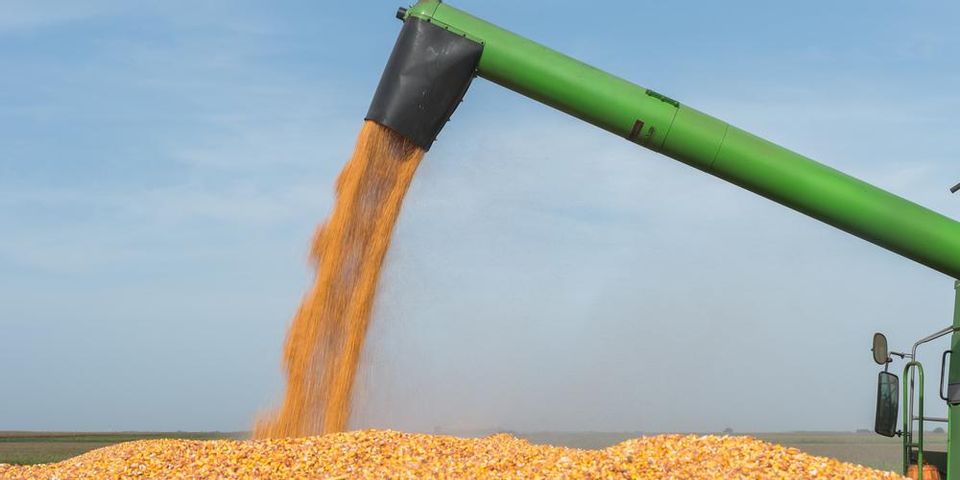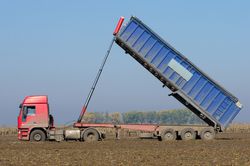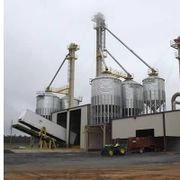What You Need to Know About Unloading Pit Systems & Efficient Agricultural Production

Agricultural handling systems are designed to allow farmers to unload as much product as possible in a short amount of time. From conveyors to grain elevators to the ever-important unloading pit, the transloading process has become increasingly efficient. To help you understand how these updates can help you, here’s what you should know about this advancing technology.
How Unloading Pits Boost Production
1. Bigger Loads, Bigger Pits
The unloading pit design from twenty years ago was created to accommodate only 500-plus-bushel straight trucks, which took a significant amount of time to unload. The newly updated systems available today use a 1,000-plus-bushel double hopper bottom trailer to drop its load in a matter of seconds. Updated unloading pits are made to match the efficiency of today’s transloading systems.
2. Faster Work
 In the past, a 60-car train may have taken up to 12 hours to unload. With new transloading systems and the unloading pits designed to keep up with their efficiency, farmers can handle larger loads and manage them more quickly. In fact, a team with a properly sized unloading pit can unload a 100-car train in under 10 hours — a massive improvement due largely to the updated unloading pit sizes.
In the past, a 60-car train may have taken up to 12 hours to unload. With new transloading systems and the unloading pits designed to keep up with their efficiency, farmers can handle larger loads and manage them more quickly. In fact, a team with a properly sized unloading pit can unload a 100-car train in under 10 hours — a massive improvement due largely to the updated unloading pit sizes.
3. Managing Growth
As supply for agricultural materials increases, farmers must find ways to keep up and manage the exponential growth. Luckily, newly designed unloading pits make it easy for farmers to keep content flowing in and out of their systems. With prior, outdated systems, industrial growth was often stagnant due to a lack of muscle and space to handle large quantities. Today, the agricultural industry can flourish with equipment large and efficient enough to handle more product in a given period.
Modern unloading pits are a necessity for today’s farms. If you’re a resident of Cairo, GA, and could use the help of a qualified agricultural construction company, consider working with the team at Merritt Mechanical-Fabrication. With over 50 years of experience in the industry, this team will help you grow and scale your farm to meet rising demands. For more information, visit them online or give them a call at (229) 377-5586.
About the Business
Have a question? Ask the experts!
Send your question

